10 Essential “Lost” Albums
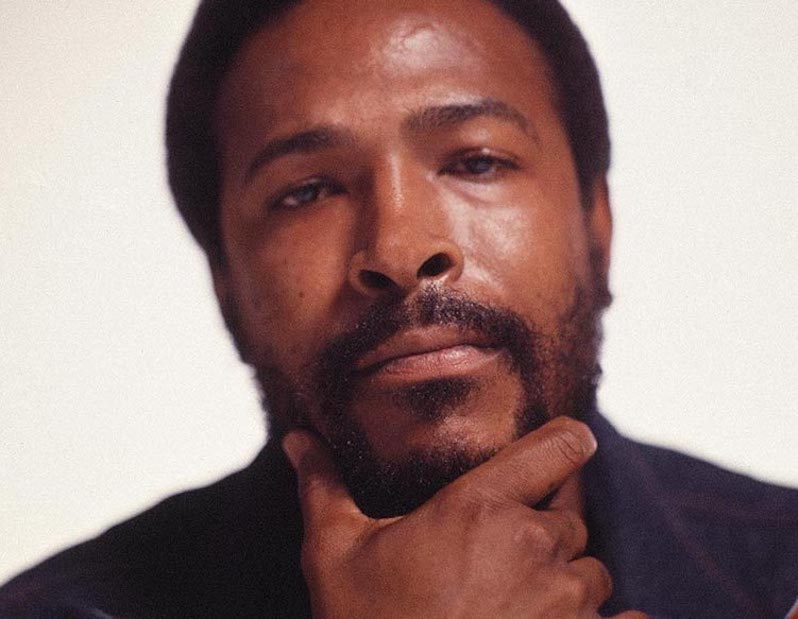
There’s more music being released now than ever, in part because there are fewer barriers to having music released (though there are also more obstacles to having music heard, though that’s a different story). So it’s remarkable to think that there’s so much great music that never actually sees the light of day. All of your favorite artists? Yeah, they have music that’s sitting on a shelf somewhere, or on a hard drive. Or, sadly, maybe the masters were destroyed. But sometimes those albums that the artists weren’t satisfied with, that the label didn’t want to put out, that became legendary bootlegs for decades…eventually get a proper release. Here are 10 of our favorite lost albums that finally saw the light of day, and lived up to the legend.

Prince – The Black Album
(1994; Warner Bros.)
With all the hushed tales and apocrypha attending the career of Prince, the story of The Black Album may be the weirdest of them all. Slated for release in December 1987, promo copies of Prince’s follow-up to Sign ‘O’ the Times were sent to influencers and half a million sale copies were pressed. Then shit got weird. After allegedly having a subpar experience with the drug MDMA (your scattered uncle called it “ecstasy”), Prince decided that The Black Album was a talisman of pure evil that shouldn’t be heard by anyone. A week before its scheduled release he demanded Warner Brothers Records recall and destroy all 500,000 sales copies, which they did. Prince atoned for the inconvenience with the hasty-sounding replacement album Lovesexy in May 1988. The Black Album was finally released for real in 1994, but only for a couple of months. It remains unavailable through the usual channels today.
Reportedly intended as an answer to critics (specifically Nelson George) who claimed he’d abandoned his R&B base for pop, the album originally titled The Funk Bible contained upfront jams close in spirit to James Brown. Lyrically, he’s more irritable than wicked. “Cindy C.” is assumed to be a reproach of supermodel Cindy Crawford, who’d turned down an offer to “hang out” with Prince in Paris. But it’s played for laughs. Misinformed antipathy toward rap artists fuels “Dead On It.”
The most-cited track on The Black Album, “Bob George,” is legitimately sinister. With pitch control turning him basso profundo, Prince delivers a monologue from a jealous, murderous ogre who shoots his girlfriend and her music-manager lover. “Superfunkycalifragisexy” supposedly references his ecstasy (or, as he calls it, “squirrel meat”) trip; “2 Nigs United 4 West Compton” is a frantic instrumental jam; and “Rockhard in a Funky Place” closes the album with a pre-Viagra erection misadventure. As scattered as the topic matter undoubtedly is, The Black Album’s funk is as strong as any other Prince album. But flat-out evil? Just wait ‘til you hear about R Kelly. – Paul Pearson
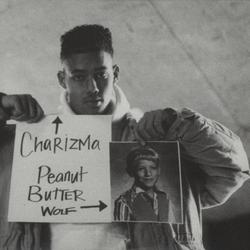
Charizma & Peanut Butter Wolf – Big Shots
(2003; Stones Throw)
Grief does funny things to musicians—you never know how they’ll react to the death of a fellow performer. They might mine a talent and archives for all they’re worth. They might shut down entirely. They might find a replacement and carry on. Or they might do what San Jose DJ Peanut Butter Wolf did following the death of his talented MC friend Charizma in 1993: lie in wait. See, Charizma’s murder was the cherry on a shit sundae for this hip-hop duo who never got a fair shake during their brief stint on Hollywood Records. Once PBW parlayed his turntablist skills into the foundation of his Stones Throw label, he could release recordings he and Charizma were saving for a rainy day. Big Shots is a playful yet powerful set of tracks, its boasts and scratches holding too many well-known sample sources, lyrical nicks, and stylistic touchpoints to summarize here. Crisscrossing street hardness and pop potential, Big Shots is an album-length study in what could have been (from Charizma), what was (from rap in ‘93), and what was to come (from Stones Throw itself). – Adam Blyweiss
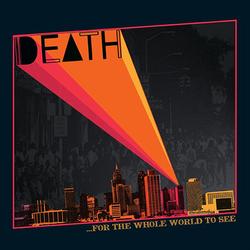
Death – ...For the Whole World To See
(2009; Drag City)
Seeing as how some of their would-be contemporaries sported names like Black Sabbath or The Sex Pistols, it’s strange to think that a band named “Death” would have been a non-starter. But that was the fate that befell the Hackney brothers, whose refusal to adopt a more commercially friendly name cost them a deal with Columbia Records. Inspired by hard rock acts like The Who and Alice Cooper, Death pivoted from funk to proto-punk, raising hell with crusted guitar riffs and spitfire drum fills. Detroit was just bursting with musical greatness in the 1970s—the city was a stomping ground for everyone from The Stooges to MC5 to George Clinton—and if a few things had gone differently, Death could have been at the center of it all. – Jacob Nierenberg
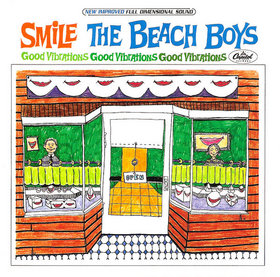
The Beach Boys – Smile
(released as “The Smile Sessions” 2011; Capitol)
No list of essential lost albums is complete without the great granddaddy of them all, The Beach Boys’ Smile. What should have been Brian Wilson’s “teenage symphony to God” was instead a monument to his failure, derailed by a drug-induced mental breakdown, intra-band conflict, legal battles with Capitol Records, and technical limitations. Bootlegs of the unfinished album circulated in the shadows, holy grails to a generation of indie rockers and Beach Boys devotees. And then, after decades, Wilson worked up the courage to finish it, releasing the re-recorded songs as Brian Wilson Presents Smile in 2004 and the original tapes as The Smile Sessions in 2011. It’s impossible to say where it would have ranked among the greatest albums of all time had it been released when it was meant to, but few would argue that Smile would have been rightfully hailed as a masterpiece no matter when we first heard it. – Jacob Nierenberg
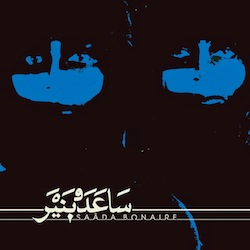
Saâda Bonaire – Saâda Bonaire
(2013; Captured Tracks)
There’s perhaps some irony in including this album among many other famous “lost” albums, simply because hardly anyone was actually looking for it. But the story is the stuff of legend: An EMI A&R rep was grossly overbudget with two of his artists. One of them was Tina Turner, and the other was never heard from again, at least not for another 19 years. Saâda Bonaire was the project of Bremen, Germany club DJ Ralph “Von” Richtoven, his fiancée Stefanie Lange and friend Claudia Hossfield, two vocalists who chanted more than sang and cultivated a visual aesthetic more than a musical one. The sole single they released in their time, “You Could Be More As You Are,” was a remarkable blend of new wave pop with Turkish saz laid over synths. It’s weird. It’s stunning. And there was apparently two LPs worth of material where that came from that never saw the light of day because of Richtoven’s oddball indulgences. It’s a shame that the sessions were stuck on a shelf so long, but Captured Tracks released the project in 2013, which revealed the depths of Richtoven’s strange genius: the proto-Chromatics sheen of “Invitation,” the I’m Your Man made sexier atmosphere of “Little Sister,” and the sensuously exotic sophisti-pop of “Wake Up City.” – Jeff Terich
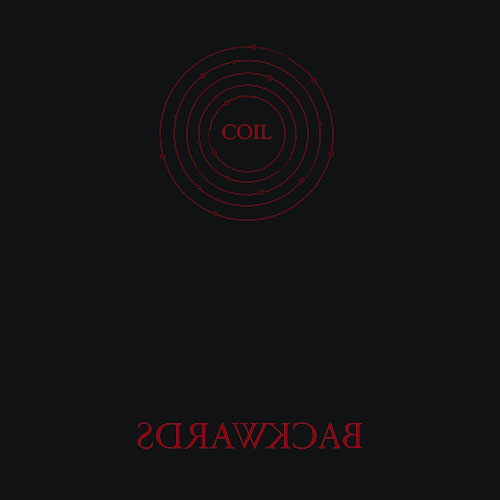
Coil – Backwards
(2015; Cold Spring)
After building a fearsome brand of industrial-inflected experimental music, Coil got caught up in and referenced by the mad expansion of electronica in the front half of the 1990s. There they found vital common ground with Nine Inch Nails’ Trent Reznor, whose rise to fame and Coil-superfan status afforded them a tributary into the mainstream. They advised and remixed him, and spent a good chunk of the decade recording the follow-up to Love’s Secret Domain at his Nothing Studios. Yet that album-to-be never seemed to please them or any label, despite repeated plans to release it. Its songs showed up in adulterated form across multiple bootlegs, live recordings, posthumous albums and special editions. In 2015 Danny Hyde, Coil’s lone surviving producer of that period, finally nailed down a tracklist with original and ideal versions of “A Cold Cell,” “Fire of the Mind,” “Heaven’s Blade,” “Amber Rain,” and more. – Adam Blyweiss
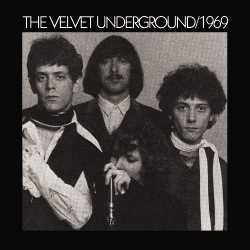
Velvet Underground – 1969
(2017; Polydor)
One thing that just about every “lost” album has in common is business, or lack thereof, getting in the way of a proper release. After releasing their third, self-titled 1969 album through MGM records—a masterpiece that doesn’t always get the same level of attention as the three albums that surround it—the Velvets had recorded a wealth of material that didn’t see the light of day until much later on, as a result of label disagreements and the band’s own desire to move on. Which is a shame, considering the band recorded a lot of songs—a lot of great songs. Some of them ended up as solo Lou Reed tracks (“Andy’s Chest,” “She’s My Best Friend,” originally sung by Doug Yule). Quite a few of them ended up on the 1985 compilation VU, including “Stephanie Says” and the incredible “Ocean.” And some merely ended up on Loaded, like “Rock ‘n’ Roll.” Since 1969 was never sequenced, it doesn’t have a proper track order, unless you count the 1969 disc on their Velvet Underground 45th anniversary box set, or the 2017 1969 compilation which compiles essentially all the non-album material from this era. Some of the recordings are more like work tapes or demos than proper songs, but it doesn’t take too much sifting to find a classic album in there. – Jeff Terich

Neil Young – Hitchhiker
(2017; Reprise)
Rumor has it the albums Neil Young didn’t release in his imperial run in the 1970s were almost as great as the ones he did. While I don’t know if I’d go that far—After the Gold Rush and On the Beach are, to this listener’s ears, perfection—there’s no denying that Hitchhiker would have only added to the winning streak. Recorded in one night in 1976 (“pausing only for weed, beer, or coke,” Young wrote), Hitchhiker was rejected by the higher-ups at Reprise Records for sounding too much like demos. Though Young would strip it for parts (all but two of the songs were released on future albums), Hitchhiker presents these songs in their unvarnished, embryonic form, giving them an intimacy unlike anything else in his discography. Now if only he would get to work on putting out Homegrown and Chrome Dreams. – Jacob Nierenberg
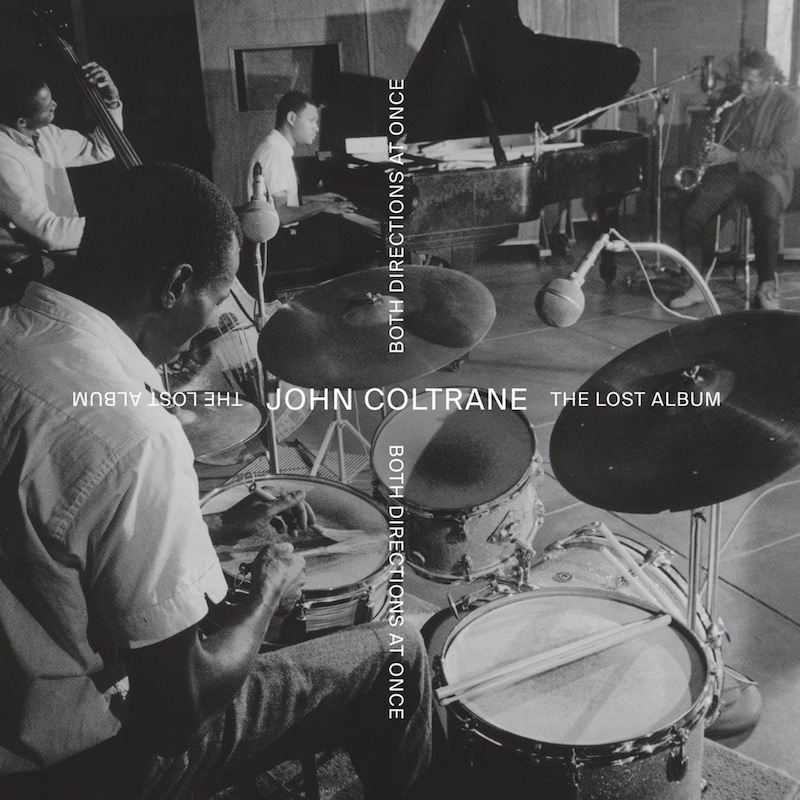
John Coltrane – Both Directions at Once
(2018; Impulse!)
Both Directions at Once is an unearthed album of (re)takes with saxophonist John Coltrane and his Quartet: double bassist Jimmy Garrison, drummer Elvin Jones, and pianist McCoy Tyner. It’s an interesting artifact, shelved sometime in the ’60s before being unearthed last year, particularly given the opportunity to hear the different takes. It is prime Coltrane, and any jazz lover, or even someone new to jazz would likely find this album a wonderful addition. Among its highlights are “Untitled Original 11383” (Take 1), “Vilia” (Take 5), and “One Up, One Down” (Take 6), though Coltrane is immensely impressive in all of them. As a two-disc album of different session takes, it is truly interesting to listen to. This really shows how one note or chord change can lead down a whole other row of music. And it truly depicts the sprit of jazz, innovating and building upon what has come before. – Konstantin Rega
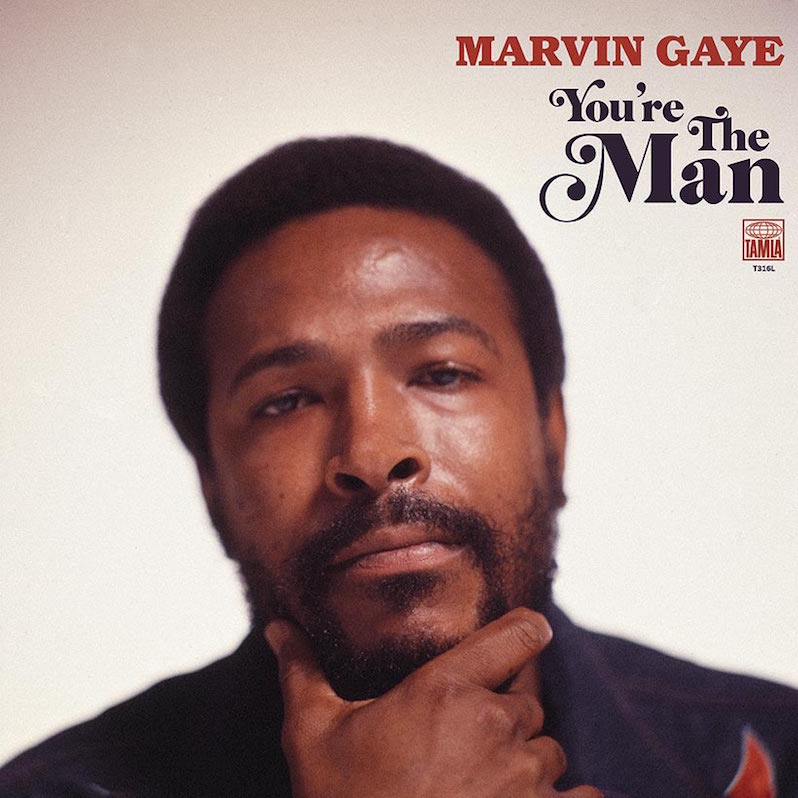
Marvin Gaye – You’re The Man
(2019; Motown)
In 1972, Marvin Gaye was coming off the previous year’s What’s Going On, the end result of his philosophical stare-down with Motown boss Berry Gordy. The album was an overpowering mood piece that bridled Gaye’s social conscience, asserted his artistic control and liberated him from Gordy’s apolitical hit-making apparatus (and was a commercial hit anyway). The follow-up album was supposed to be You’re the Man. But after the title single got a tepid response from Top 40 radio, Gaye cancelled the entire project. Also, Gordy allegedly objected to the strident anti-Nixon messaging of “You’re the Man Part 2,” in which Gaye got specific about the issues that were bothering him with the ‘72 election in the wings: “Demagogues and admitted minority haters should never be President,” he actually and correctly sings.
You’re the Man’s songs have appeared on deluxe CD reissues of Gaye’s stunning 1970s work, and just this past March a reconstructed version of the You’re the Man album was finally released. If it’s not as hallowed as its predecessor, it’s still a very good Gaye set. “Piece of Clay,” a gospel examination of human manipulation, is one of the best ballads Gaye ever made. “The World is Rated X” (not about sex) somehow survives its clumsy metaphor with insistence. “Try It, You’ll Like It” looks beyond Detroit with a solid Malaco Records groove, and “I’m Gonna Give You Respect” brings Gaye’s heightened consciousness into the arena of romantic relationships with help from Willie Hutch. As a bridge between the politics of What’s Going On and the sexuality of 1973’s Let’s Get It On, the reimagined You’re the Man is both transitional and profound. There’s no compelling argument that it shouldn’t have been released other than Gaye’s crankiness. – Paul Pearson

